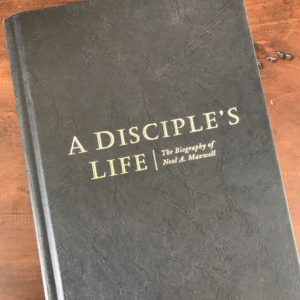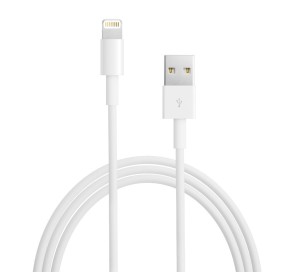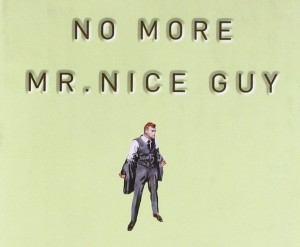’Tis the Set of the Sail
Dang, this is good.
And from 1916.
But to every mind there openeth,
A way, and way, and away,
A high soul climbs the highway,
And the low soul gropes the low,
And in between on the misty flats,
The rest drift to and fro.But to every man there openeth,
A high way and a low,
And every mind decideth,
The way his soul shall go.One ship sails East,
And another West,
By the self-same winds that blow,
’Tis the set of the sails
And not the gales,
That tells the way we go.Like the winds of the sea
Ella Wheeler Wilcox (1850-1919; found here)
Are the waves of time,
As we journey along through life,
’Tis the set of the soul,
That determines the goal,
And not the calm or the strife.


















